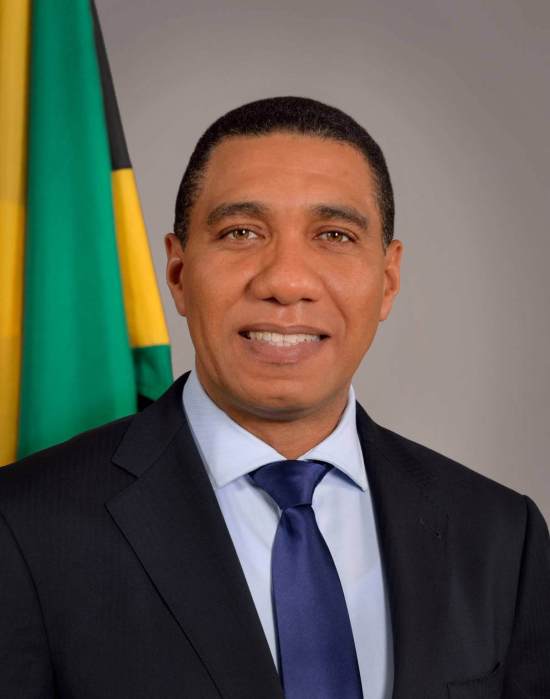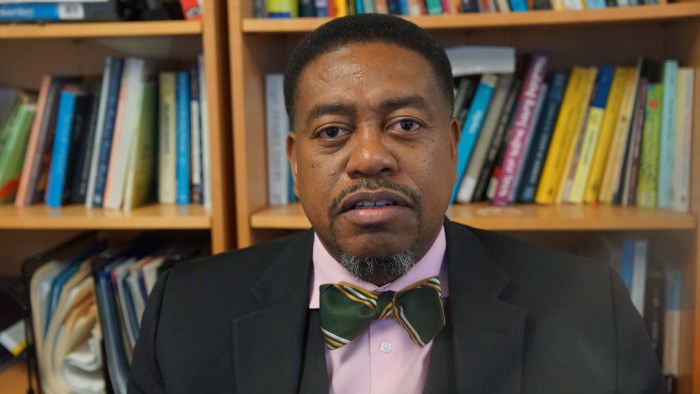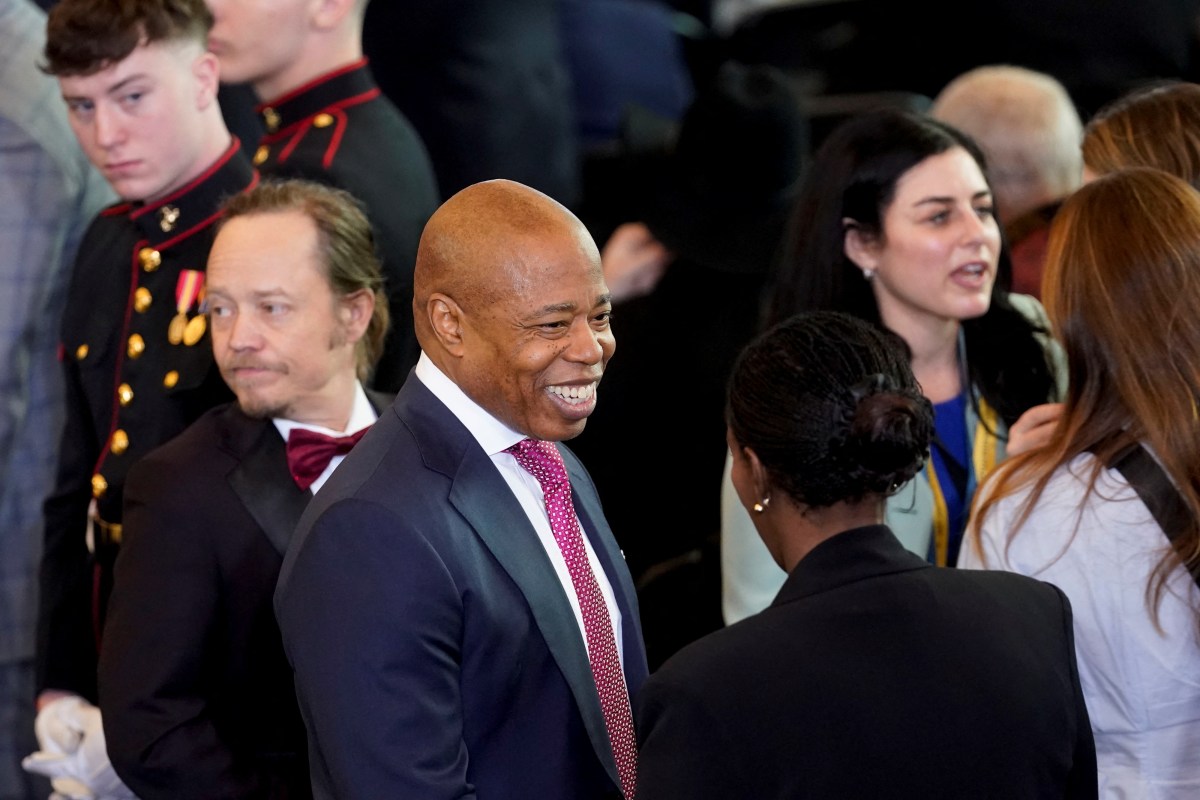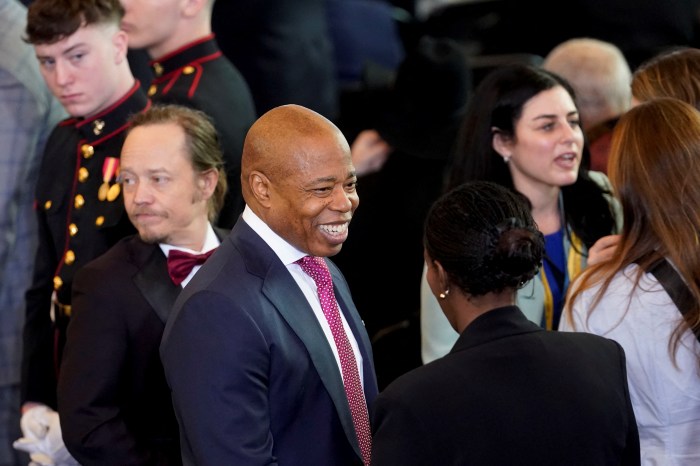A Jamaican opposition legislator this week shone light on an issue many in the Caribbean often think about regarding the presence of super rich Chinese investors, some backed by their government back in Beijing, others flush with cash from the private sector, albeit of sometimes dubious origin.
Until the People’s National Party (PNP) lost power to the Jamaican Labor Party (JLP) 18 months ago, Peter Bunting had functioned as the island’s national security minister but in recent weeks he appears to have switched his role to that of a bell ringer about growing presence of Chinese companies in Jamaica and CARICOM. He hopes people would sit up and take note.
As far as he is concerned, governments like those in Jamaica are often too quick to hand tax and other concession to large and small Chinese firms, allowing them to compete in areas and sectors previously dominated by local firms. His argument that once these firms are lavished with concessions, they immediately hold an advantage over local firms as the playing field is no longer level.
“They come into Jamaica, typically on the basis of concessionary financing for a government project and they get all sorts of duty free concessions and imported machinery and equipment and they get to buy local building inputs free of taxes,” he argued. They then use these concessions and machinery and equipment to compete for private sector projects so they have an advantage over local contractors,” he said, echoing years of points made by local firms.
In fact he argues, that just over 50 percent of Jamaica’s booming construction sector has already been taken over by Chinese firms wither their duty free import concessions for machinery and other equipment.
But once Bunting’s rantings were aired on social media and had received thousands of likes and supportive comments, both the Chinese government and Prime Minister Andrew Holness were forced to respond formally.
The Chinese Embassy complained in a statement that Bunting’s remarks could put Chinese nationals at risk and expose them to racial profiling.
“We believe these claims could encourage a backlash and create an unsafe environment for Chinese nationals working in Jamaica,” the mission said, contending that “concessions offered by the Jamaican government are not limited to Chinese companies but are made available to other foreign investors. Our aim is not to colonize Jamaica but to always find areas of cooperation and mutual benefit that will improve the lives of both our people,” the mission said.
For his part, PM Holness said authorities are sensitive about the growing debate about the Chinese presence in Jamaica and would act responsibly. He gave no details, but appeared to acknowledge the deep and growing concern about an unlevel playing field.
“The government is very sensitive to what has been happening. I want to reassure the people of Jamaica that the government of Jamaica will always act in the best interest of the people of Jamaica,” pointing to the fact that relations go back to 1972.
“We have to be receptive to investments not just from China. Jamaica wants to see a diversified portfolio of investors coming into this country. We want investors from all over to come here and invest. We want people to choose Jamaica to invest. We want people to choose to make their homes in Jamaica, and so the government of Jamaica has, not just with my government, but with the previous government and the government that I was a part of before that, developed a strategic relationship and partnership with the government of China.”
Despite all this, Bunting remains unrepentant, suggesting that the Chinese employ various tactics to avoid paying their correct amount of taxes and to confuse authorities monitoring their projects.
Similar concerns were the order of the day in fellow CARICOM member state Guyana during the 23 years of the previous government with Chinese companies, flush with cash and tax free equipment, even started to compete with local truckers hauling materials from sand to timber for cut throat prices. Authorities back then simply ignored local cries. The new administration as of mid 2015 was less receptive. The presence and influence of Chinese firms have diminished. Large tracts of land awarded to them but not paid for are being repossessed. In Trinidad, some in the Chinese community feel targeted by local gunmen and are packing up to leave following several brutal murders and armed robberies.
“Their records are kept in Mandarin, the tax administration and audit departments have no effective way of telling us what is used on one project versus another, where workers are moving between companies. The Chinese government as a policy is not very transparent,” Buntin argued, as he called on authorities to level the playing field before it is too late.






















